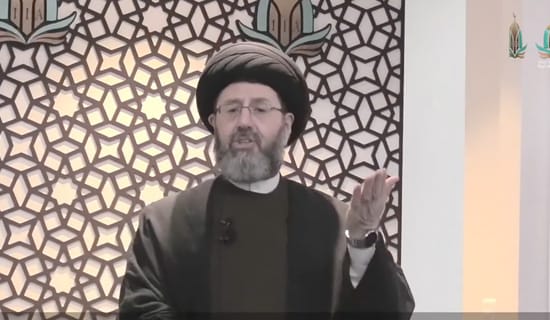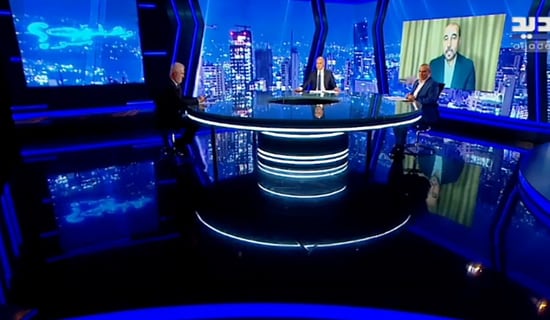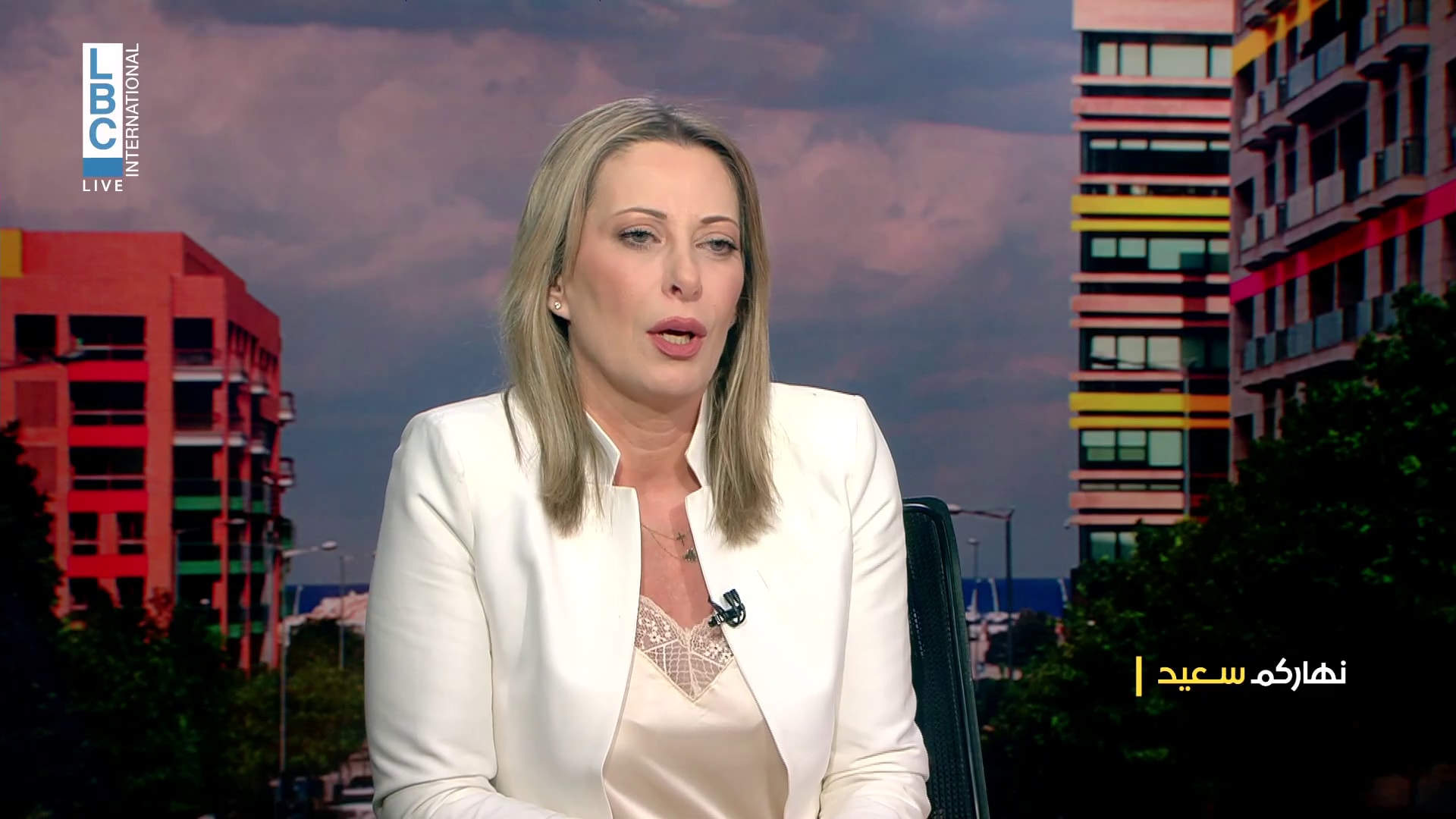
At the signing of the Cape Accord in Cape Town, former South African Ambassador to the U.S. Ebrahim Rasool gave an address in which he celebrated the golden age of Islam in Andalusia. Rasool talked about the religious tolerance, scientific advancements, and cultural prosperity that took place in Andalusia for almost four centuries until the Almohad Caliphate, which burned and banned books of other madhabs ("schools of thought"), reserved for themselves the right to decide who were Muslims and who were not, and turned against the Christians and the Jews of Andalusia. Ultimately, he said, this led to the downfall of the Muslims and their expulsion, along with the Jews, in 1492. "The question is: Were we murdered, or did we commit suicide?" asked Rasool, adding that "there may have been a foreign knife in us in 1492, but the suicide started with those who called themselves the 'Custodians of Tawheed.'" "From that moment, we have always been the perpetual other" and Islam has always been perceived as a threat, he said. Rasool warned that Muslims must not fall for the "profound rhetoric" of the extremists, who utilize "the language of intellectual and theological terror." The Cape Accord, signed on June 3 by several Islamic leaders and adopted by 25 Islamic organizations in South Africa, is an attempt to unite Muslims in the country. It is a document calling to foster peace and unity and eradicate extremism. The ceremony was held at Cape Town's Masjidul-Quds, which posted Rasool's address on its YouTube channel.
Ebrahim Rasool: "We have seen this movie in history, all of us celebrate the great civilization, for example, in Andalusia. Where its golden age produced religious tolerance that the emir even had Jewish public servants, directors, generals et cetera, et cetera. Where we saw scientific flourish, we gifted the world algorithms through Al-Khawarizmi. Where we saw cultural expansion in dress and in cuisine. Where we saw knowledge unbound and people could think of whatever they wanted and produce poetry and literature of the finest kinds that the world had ever seen. And where the architecture was simply sublime and the world couldn't understand how could these Muslims invent the horseshoe arch that carries more than its own weight.
"And that was almost the case for four centuries, until a group came along that we know as the Al-Muwahidoon [monotheists] or as history calls the Al-Mohads. The Al-Muwahidoon styled themselves as the people who came to purify Tawheed [monotheism]. They came to decide who was Muslim and who was not Muslim. And so they came, and they came with, for example, the Zahiri Madhab, and started destroying other Madhabs. Like for example the Maliki Madhab, not only did they ban the books and the kitabs [books], they burnt the books and the kitabs, and reserved for themselves the right to decide who were Muslims and who were not, and then they turned against the Christians and the Jews of Andalusia. Making the Jews either convert or die. And Christians had to wear particular dress so that they could always be identified and mocked.
"And what they did, they united a diverse and divided and different Christian world and they all came together and they said: 'We must get rid of these Muslims.' And at the battle of Las Navas de Tolosa or Al-Uqab in Arabic, on the 16th of July 1212, they defeated the Al-Muwahidoon armies and within 40 years the Muslims lost Cordoba and Sevilla and 1492, we were expelled along with the Jews from Andalusia. The question is, were we murdered, or did we commit suicide? That's the fundamental question. There may have been a foreign knife in us in 1492, but the suicide started with those who called themselves the custodians of Tawheed. And that was the age of conviviality. And from that moment, we have always deemed the perpetual other and that memory of Al-Muwahidoon lies in the head of every non-Muslim civilization ever since that Islam is a threat.
[...]
"Their rhetoric is profound that the harameen [Mecca and Medina] is in danger, that Islam has been taken over and we must not fall for that. And they are utilizing the language of intellectual and theological terror on us. When they don't understand or like something, its either kufr [unbelief], bida [innovation], or shirk [idolatry]. And we must be very careful with those words"













